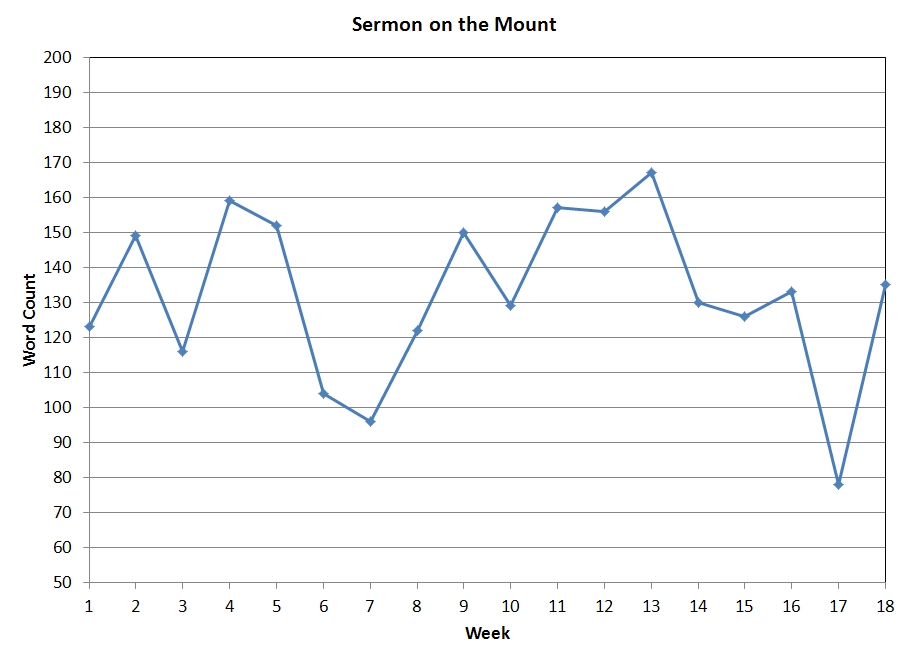Jesus begins this section of the Sermon on the Mount (chapt. 5:21-48) by contrasting what the people have heard. “You have heard that it was said to those of old” implies the people have heard God’s law – sometimes rightly and sometimes wrongly presented and interpreted for them by their teachers. Jesus brings a new authority into the mix – his own – to give the real meaning of the law. Jesus offers us a new depth to the commands, inherent in the law but missed in some cases by the religious tradition. Jesus is not contradicting the law; he is giving a necessary corrective to the tradition that has sprung up around the law.
Jesus first discusses murder, but he gets at the attitude and the center of what drives someone to murder: anger and contempt. Anger towards another person, hate enough to insult him or belittle another – those actions are as liable to judgment as murder. Every thought and word that seeks to destroy is forbidden. We cannot maintain only an external view of the law. It must also inform and pierce into our thoughts and motivations. “Out of the same mouth come praise and cursing. My brothers and sisters, this should not be.” (James 3:10 NIV) “Let no corrupting talk come out of your mouths, but only such as is good for building up, as fits the occasion, that it may give grace to those who hear.” (Ephesians 4:29 ESV)


